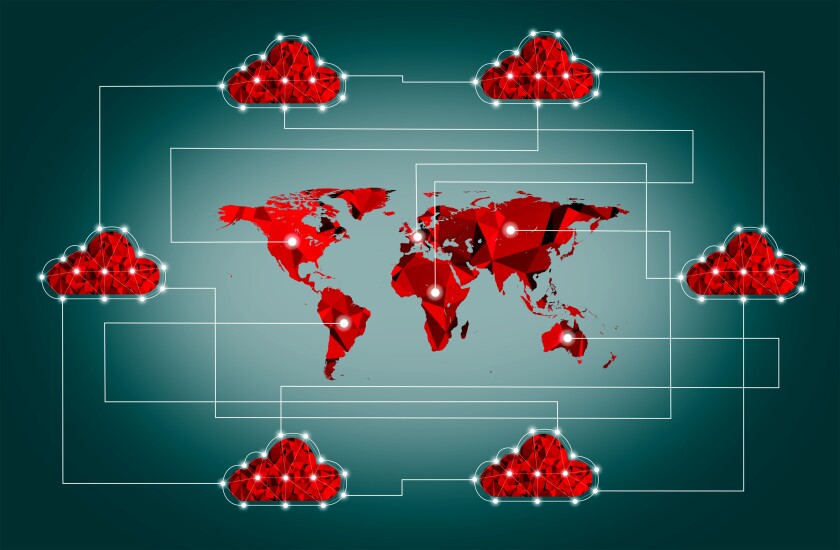The Australian Taxation Office (ATO) recently issued draft Practical Compliance Guideline 2025/D4 (the Draft PCG), which outlines the ATO’s compliance approach to certain low-risk cross-border software arrangements. Software arrangements are a key area of focus and audit target for the ATO, specifically whether any part of a cross-border payment made by an Australian resident in relation to the distribution of software is subject to royalty withholding tax.
Practical compliance guidelines (PCGs) issued by the ATO focus on risk assessment and resource allocation. They generally do not express technical views on tax law. The ATO uses PCGs to allocate resources to medium- and high-risk cases. Taxpayers may rely on these guidelines to self-assess the perceived level of tax risk associated with their arrangements.
The Draft PCG, which was released on August 6 2025, identifies two low-risk zones: the White Zone (very low risk) and the Green Zone (low risk). For such arrangements, the ATO will not conduct any reviews or audits with respect to royalty risk, other than to verify the self-assessed rating.
The White Zone applies where:
There is a settlement agreement or advance pricing arrangement with the ATO;
A court or tribunal has ruled on the case; or
The ATO has provided a high assurance (low-risk rating) following a recent review or audit of the taxpayer’s affairs.
The Green Zone applies to:
Software acquired solely for domestic or private use;
Software that is used in business but is generally available to the public, is not substantially customised, and is not further sold or distributed; or
Software distributed as part of finished tangible goods or that is stored on a physical medium.
The examples provided in the Draft PCG are quite narrow and relatively uncontroversial. Notably, the Draft PCG provides little guidance for more complex scenarios, such as those involving software-as-a-service (SaaS) providers.
Only one week after the release of the Draft PCG, the High Court of Australia handed down its landmark decision in Commissioner of Taxation v PepsiCo (the PepsiCo Case), ruling in favour of PepsiCo by a narrow 4:3 majority. The High Court held that payments for concentrate in relation to the bottling and distribution arrangements in Australia made to non-resident PepsiCo entities did not constitute royalties. Please refer to DLA Piper Australia’s article regarding the PepsiCo Case for more information.
It is widely expected that the Draft PCG will be updated to reflect the PepsiCo decision.
In particular, it is hoped that the ATO revises the Draft PCG to not only reflect the PepsiCo decision but to also include guidance on higher-risk scenarios and to provide more specific examples relevant to a broader range of taxpayers, including SaaS distributors, together with the anticipated updates to the related draft Taxation Ruling 2024/D1 and the release of a decision impact statement on the PepsiCo Case.













